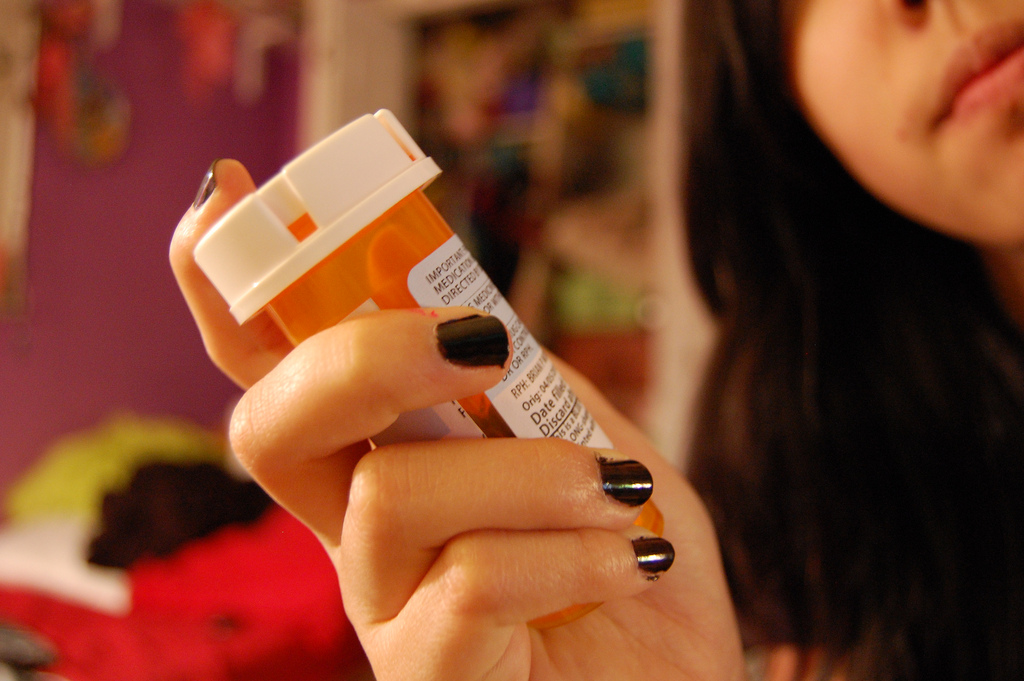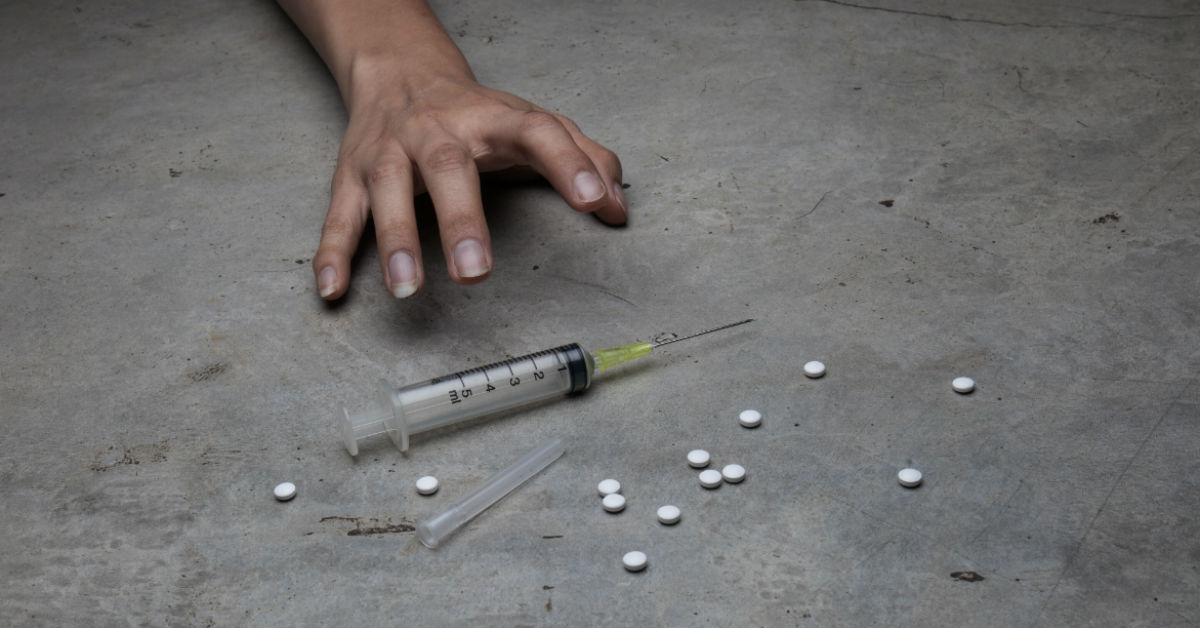Raising an adolescent can be difficult, particularly if they are struggling with mental health or drug misuse. For teenagers in need, residential treatment programs provide priceless tools and support, but the road to recovery doesn’t end when they go home. Nor is that path a success without parents by their teen’s sides. The truth is that parents are extremely important to their teen’s continued rehabilitation and general wellbeing. This guide assists parents in taking an active role in their adolescent’s rehabilitation process and preserving family ties both during and following residential treatment.
Educate Yourself
The teen years can be tumultuous in general. Adding issues with mental health and substances makes those years even more challenging for everyone involved, which may lead to the need for a residential program, as mentioned above. Of course, the first thing parents need to do is find the right program for their teen. The good news is that our team at Help Your Teen Now can be instrumental in this, researching the best options for your teen and providing you with that information free of charge. This information allows you to focus on the things that matter most.
Once the right program has been found, it’s time to focus on learning about the particular ailment or difficulties that your teen is facing. Granted, you might have already done some research regarding this, but with the support of the residential program on your side, the information you receive is more targeted to your particular teen. Additionally, with the program’s support and your continued education, you can learn to recognize the symptoms, triggers, and possible obstacles your teen may encounter. As a result, you can better support your teen.
Focus On Open Communication
Another tip for assisting your teen during and after treatment is to encourage an honest and transparent conversation. This includes providing a secure environment in which they can freely communicate their feelings, ideas, and worries. As the parent, it’s your job to acknowledge their emotions and actively listen to them without passing judgment. Good communication builds the parent-teen relationship and promotes trust. The residential treatment staff can also provide trips and tricks for more effective communication, ensuring you and your teen both get what you need.
Routine and Structure Are Key
Teens readjusting from residential treatment to their home lives need stability, which is what routine and structure offer. Together, you and your adolescent can create a daily routine that incorporates therapeutic activities, regular meals, exercise, and enough sleep, among other healthy habits. Maintaining consistency encourages positive behavior and lessens anxiety.
At the same time, it is essential to realize that healing is a journey with ups and downs, so set reasonable expectations. Also, being patient as your teen faces setbacks helps them succeed. Equally important is honoring even the smallest progress and providing assistance where needed. In other words, instead of focusing on perfection, commend your teen for their efforts and stress the value of resiliency and persistence.
Establish Healthy Limits
Along with creating routines and structure, it’s essential for parents and teenagers to establish healthy limits. As the parent, define your expectations for conduct, accountability, and repercussions in explicit terms. Enforcing boundaries with consistency is important, but you should also be adaptable and ready to make changes in response to your teen’s needs and development.
Participate in Therapy and Support Groups
Whenever you can, take your teen to therapy sessions and support groups. In order to improve connections and address underlying family dynamics, family therapy might be helpful. Joining support groups for parents of teenagers in recovery also gives you a sense of belonging and invaluable advice from others going through comparable struggles. The residential program will likely start this process during your teen’s stay as well as provide resources you can access upon discharge.
Promote Independence and Self-Care
By promoting independence and self-care, you may provide your teen with the tools they need to take charge of their own healing process. Instruct them in good stress management techniques, problem-solving techniques, and coping mechanisms. Set an example for your teen by prioritizing and practicing self-care; they will follow your lead.
Also, encourage your teen to develop wholesome bonds with classmates who encourage their attempts to get well. Keep an eye on their social contacts and offer advice on how to set limits and deal with peer pressure. Spending quality time together and participating in activities that foster connection and humor can help to strengthen family ties.
Above all, remember to be understanding, patient, and encouraging of your adolescent during their healing process. Recognize that recovery takes time and that obstacles are a normal part of the journey. Remind your adolescent that they are not alone in their pursuit of happiness and health by approaching obstacles with empathy and hope.
Building a Strong Support System Is Crucial
It takes commitment, tolerance, and active parental involvement to assist a teen in their rehabilitation following residential treatment. Parental education, encouraging candid communication, creating structure, and engaging in self-care are all important ways that parents may support their adolescent’s continued healing and overall wellbeing. Long-term success and the ability to bounce back from setbacks are largely dependent on the strength of familial ties and the establishment of a nurturing environment.
If you’re ready to take the first step to building a strong support system for you and your teen, reach out to our team today to see what options are available.
Sources:
https://helpyourteennow.com/contact-us/
https://helpyourteennow.com/faq/
https://www.ncbi.nlm.nih.gov/pmc/articles/PMC4433419/
https://www.ncbi.nlm.nih.gov/pmc/articles/PMC8380649/
https://www.socialpublishersfoundation.org/knowledge_base/family-involvement-in-residential










0 Comments